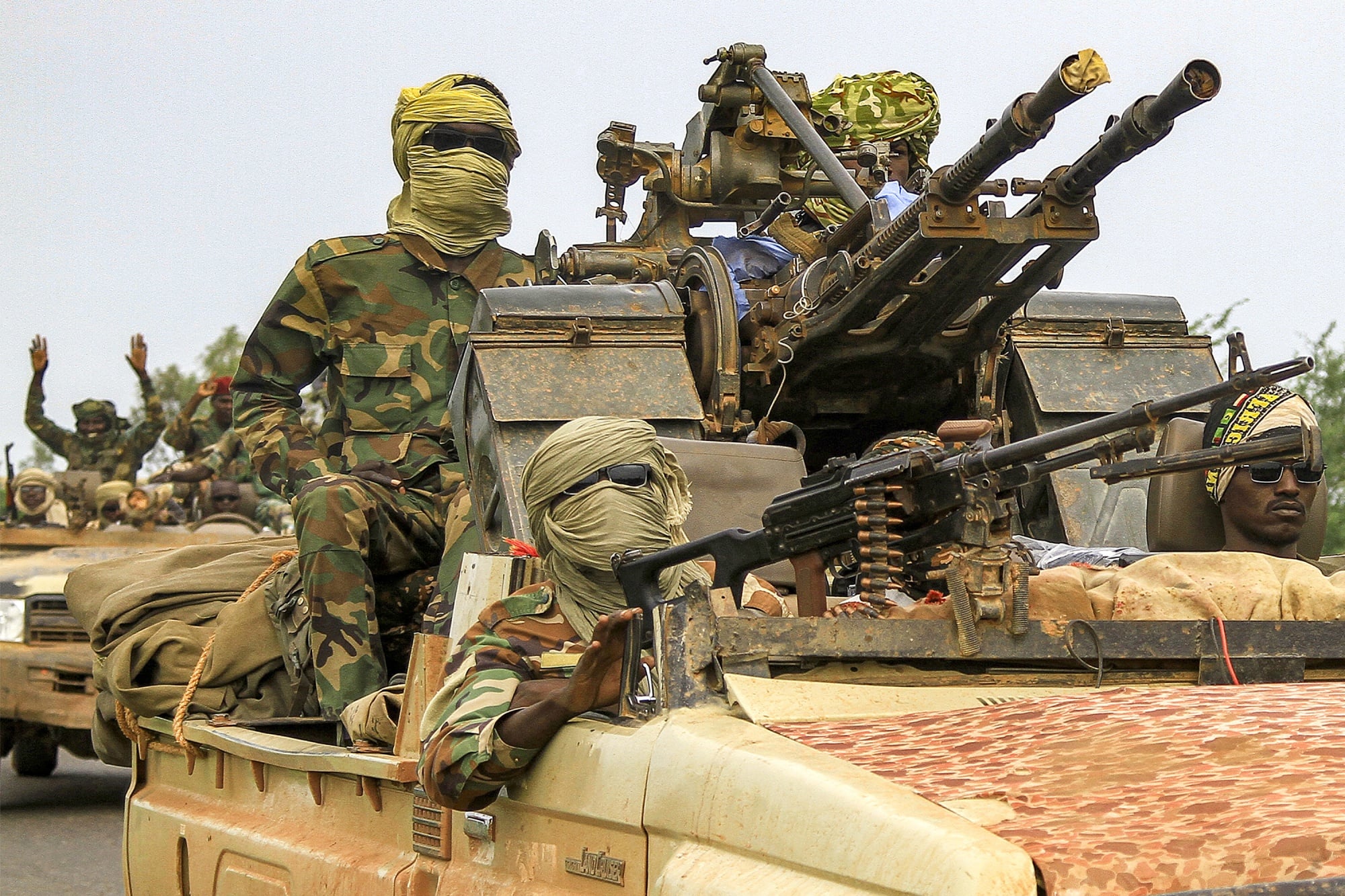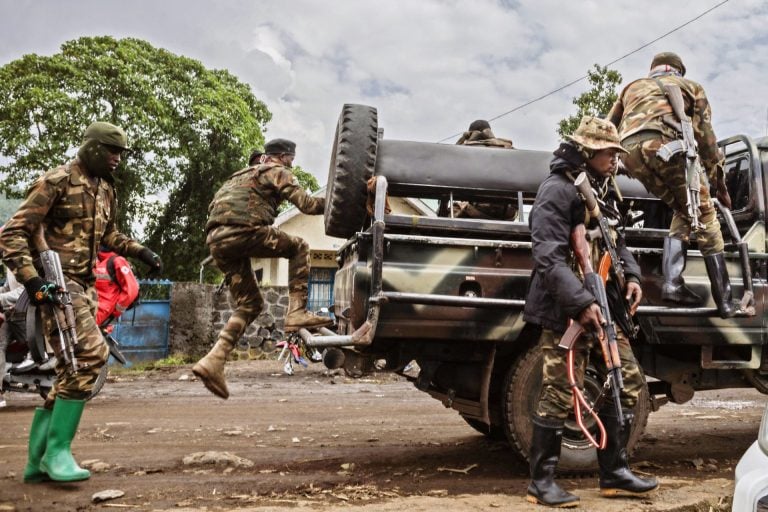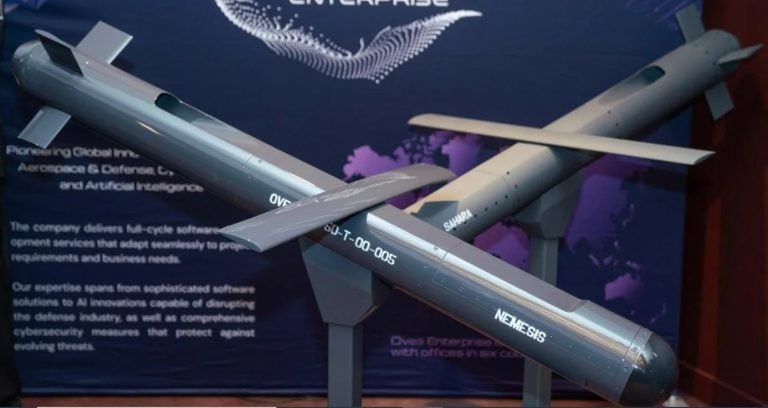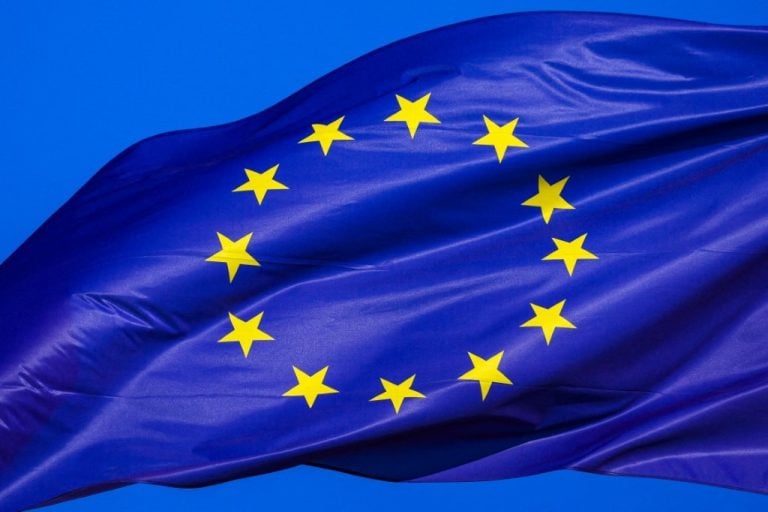In a significant development in Sudan’s ongoing conflict, the paramilitary Rapid Support Forces (RSF) declared a unilateral three-month ceasefire on Monday. This announcement came shortly after the Sudanese army dismissed a proposed truce from international mediators, including a U.S. initiative. The RSF, which has been engaged in combat with Sudan’s regular army since April 2023, stated that the ceasefire was made in response to international efforts, particularly the initiatives championed by former U.S. President Donald Trump and the Quad group comprised of the U.S., Saudi Arabia, the United Arab Emirates, and Egypt.
The ceasefire declaration followed a series of criticisms aimed at the army’s chief, Abdel Fattah al-Burhan, particularly from the UAE, which accused him of obstructing peace efforts by rejecting the U.S. proposal. The UAE has faced allegations of supplying arms to the RSF, which it has consistently denied. The RSF’s ceasefire announcement was delivered through a recorded video message by its commander, Mohamed Hamdan Daglo, who is also a former deputy of Burhan.
Following the ceasefire announcement, Burhan had characterized the U.S. proposal put forward by envoy Massad Boulos as “the worst yet” and deemed it unacceptable for his government, which currently operates from Port Sudan. He described the Quad group as biased due to the presence of the UAE, and claimed that Boulos was simply reiterating points made by Abu Dhabi. In response, Reem bint Ebrahim Al Hashimy, the UAE’s minister of state for international cooperation, criticized Burhan for his “consistently obstructive behavior” and called for accountability.
Burhan expressed his concerns regarding the U.S. proposal, arguing that it would effectively eliminate the armed forces, dissolve security agencies, and leave the RSF untouched in their current positions. Meanwhile, the RSF has shown a willingness to engage in talks with various stakeholders, excluding parties associated with the Islamist movement of the Muslim Brotherhood and the National Congress party, which was led by former Sudanese president Omar al-Bashir.
The backdrop to these negotiations reflects a tumultuous political landscape in Sudan, where military factions have emerged from the chaos of past governance. The conflict has escalated particularly following the RSF’s recent takeover of the strategic city of El-Fasher in Darfur, raising international alarms over potential human rights violations and threats of genocide.
Negotiations have been fraught with challenges, as both the RSF and the regular army have a history of violating ceasefire agreements. The prospect for a peaceful resolution remains uncertain, with calls for a return to civilian rule echoing through the fractured political dialogue. Efforts to establish a lasting truce and transition to a stable governance structure have yet to yield substantial breakthroughs, leaving the future of Sudan hanging in the balance.







